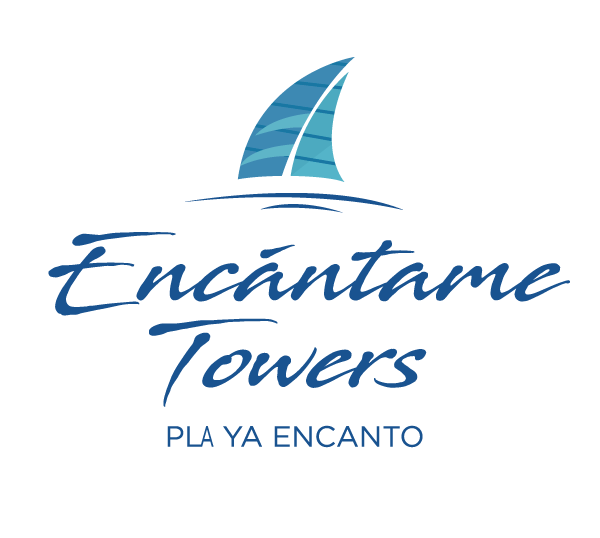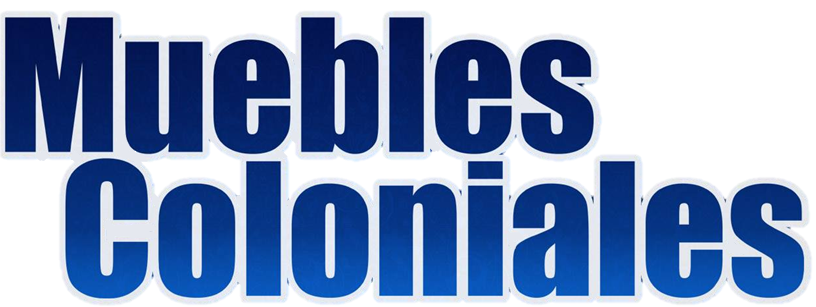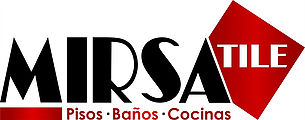While every situation cannot be anticipated, some ways of facilitating a smooth real estate closing can be employed right at the start of the property selling process. Seller signatures and seller documents necessary for closing can be anticipated at the time of listing the property for sale, and should be obtained as soon as possible, in order to avoid needless delays at closing. Sometimes vital records must be sent for, or signatures collected, and apostilles obtained.
Apostilles authenticate the seals and signatures of officials on public documents such as birth certificates, death certificates, divorce decrees, and court orders, to name a few, as well as other documents issued by public authorities. The apostille on a document allows the document to cross borders for use in the 31 countries, including the Republic of Mexico and the United States of America, that signed an agreement called the Hague Convention Abolishing the Requirement for Legalization of Foreign Public Documents, Apostille Convention, in 1961. The Hague Convention, as it is generally known, was aimed at, among other things, assisting with international business processes and streamlining some of the legal paperwork that made international business relationships so cumbersome.
The United States designates multiple “competent authorities” to issue apostilles, depending upon the origin of the document in question. Federal executive branch documents, such as FBI background checks, are authenticated by the federal competent authority, the U.S. Department of State Authentications Office. State documents such as signature notarizations or vital records such as birth and death certificates are authenticated by designated state competent authorities, usually the Secretary of State in the state that issued the document or commissioned the notary public who witnessed the signature on the document.
Powers of Attorney, which are frequently used in real estate transactions, have in the past been treated as any other documents; the apostille was required to authenticate the signature of the notary public who witnessed the signature of the person signing the power of attorney. According to Lic. Natalia López Frias, Notario Público No. 29 in Puerto Peñasco, and real estate advisors in other locations, that is now changing. In order to ensure the intention of the signer, powers of attorney must now be signed in Mexico and witnessed by a Mexican Notario Público, rather than with just any notary public in a person’s foreign state of residence. If the signer is unable to be in Mexico to sign the power of attorney, then s/he must sign in a Mexican Consulate which is, of course considered Mexican property, even though it is located in a country outside Mexico. Even in the Mexican Consulate a Mexican Notario Público is required to authenticate the signature, necessitating an appointment at the consulate. Sellers of Mexico property are advised to discuss with their real estate advisor the need for a power of attorney in their particular circumstances at the time of listing the property, so that they are prepared when the time comes to close the buy/sell transaction. Nothing is more frustrating to excited buyers than a delayed closing due to the seller’s lack of preparation! Qualified licensed real estate advisors can guide sellers and buyers to smooth closings.























